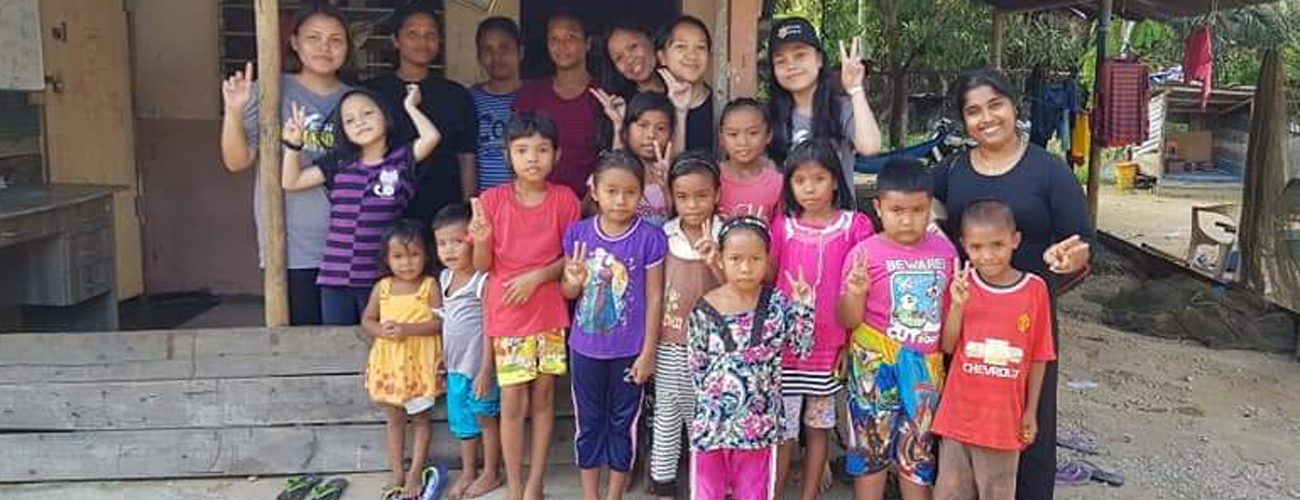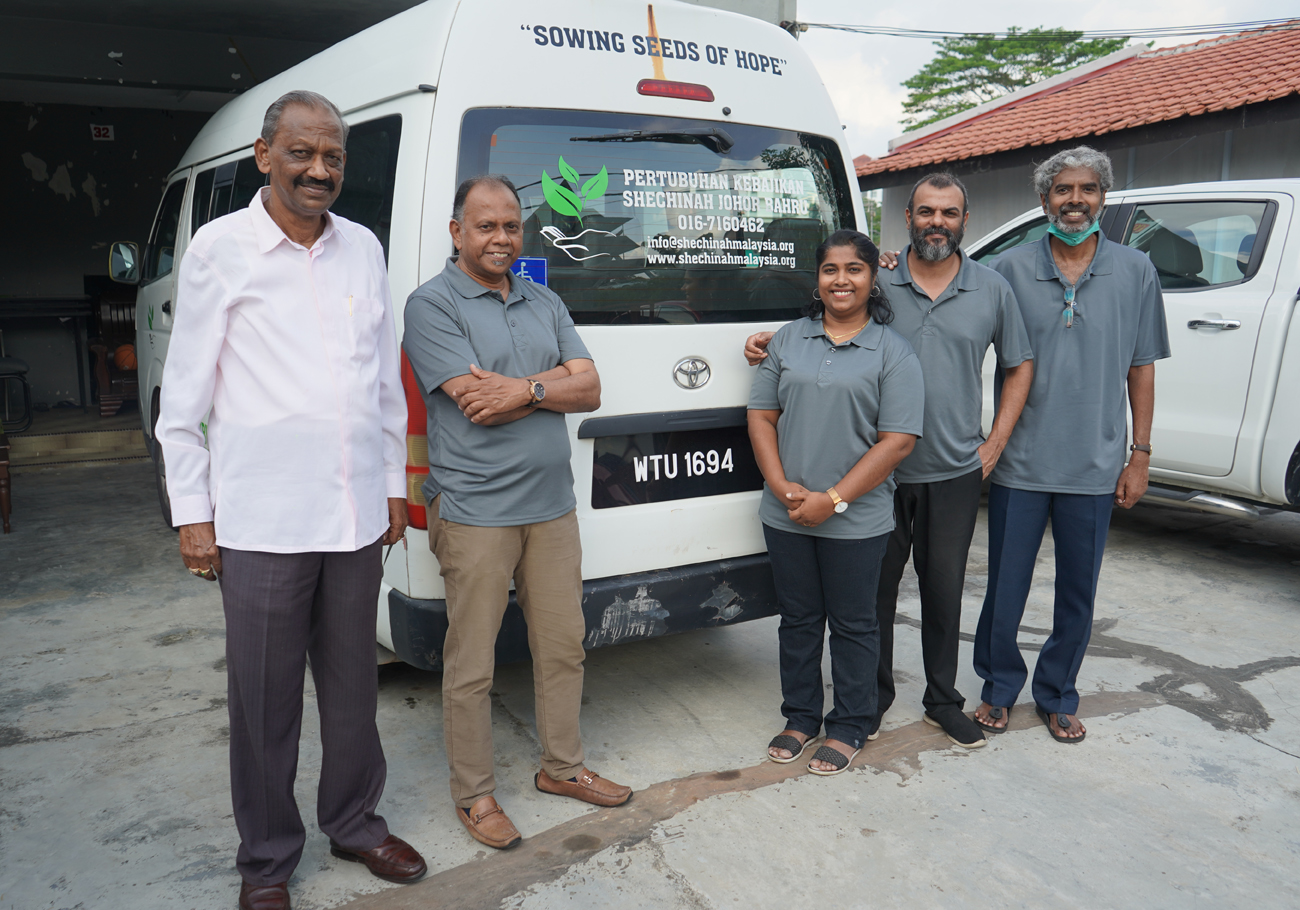
Nestled in a Johor Bahru hillside neighbourhood, the Shechinah House spans three floors of a semi-detached property, identified only by the association’s name and logo on a parked van.
Established in 2018 and led by James Issachar, the Shechinah Association is a registered nonprofit making a notable impact within Johor communities.
James’s own journey, shaped by his rebellious youth and subsequent transformation, mirrors the Association’s mission of lifting people from despair.
His shift from a troubled past to a life of volunteerism was driven by his encounters with marginalised communities, fuelling a passion for charitable work and sowing seeds of hope.
Rehabilitation and the Shechinah halfway house
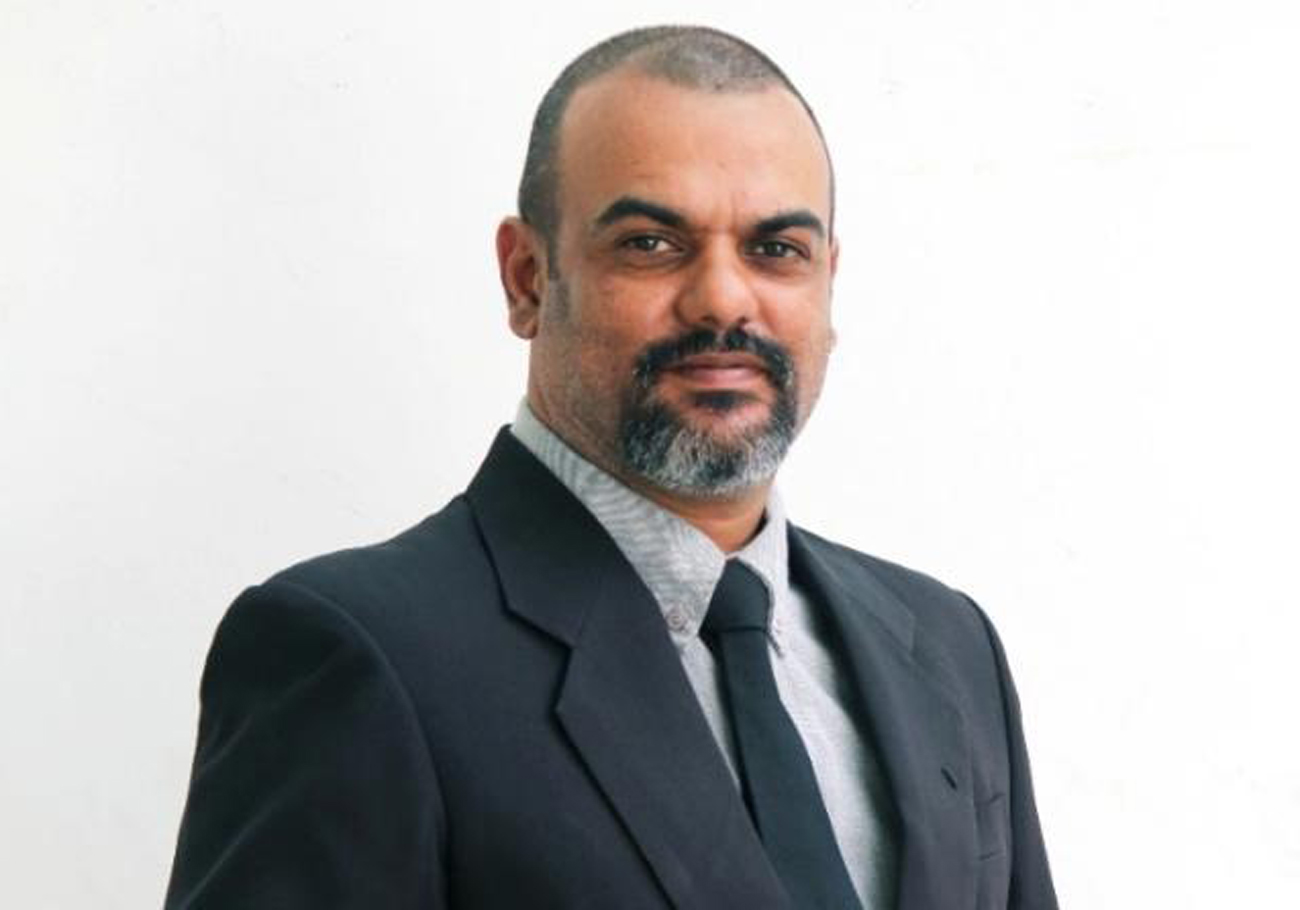
Recognizing that removing individuals from challenging environments could aid their rehabilitation from drug addiction, gang involvement, domestic turmoil, and abuse, James and his team embarked on this transformative project.
“That was why we started the halfway house project,” James explained.
“We currently have 16 residents under our care, and our aim is to assist them in finding employment, as it’s crucial for their reintegration into society,” James further explained.
One of the residents, Meera, 42, once earned a comfortable monthly income of RM7,000 as a pharmacy assistant in Singapore.
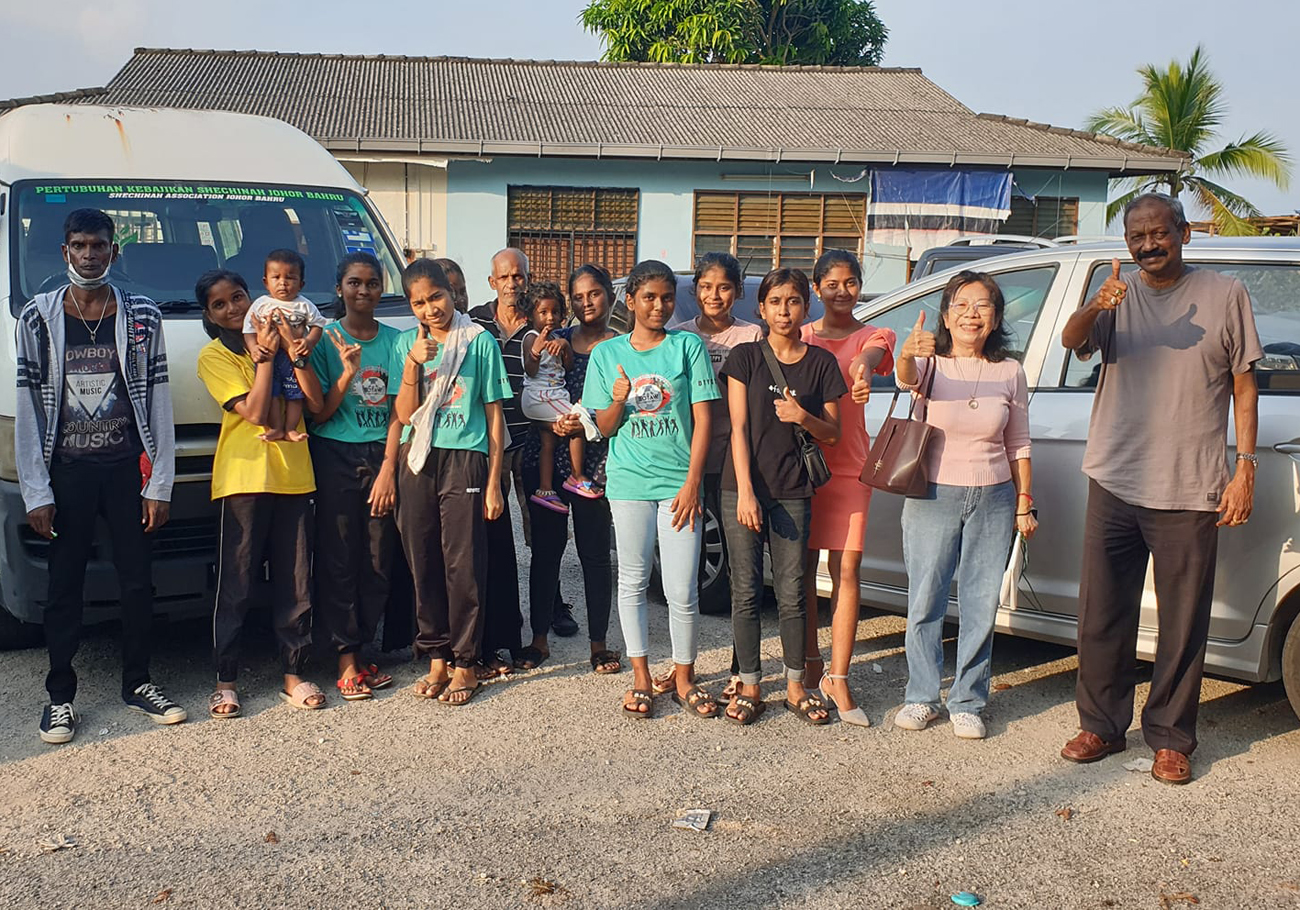
However, fate took an unfortunate turn when she was laid off, leaving her in a challenging situation as a single mother responsible for her 12-year-old child and her mother after her husband’s passing.
“Losing the job has been incredibly tough. I had financial commitments that I couldn’t meet, and this led to severe depression,” Meera shared, recounting her difficult circumstances to a point almost led her to contemplate suicide as a way out of her predicament..
Thankfully, Shechinah stepped in, relocating Meera and her family to the halfway house. Since then, she has found a sense of stability and is actively seeking new job opportunities, even considering a return to work in Singapore.
Regaining stability and transitioning to a better future
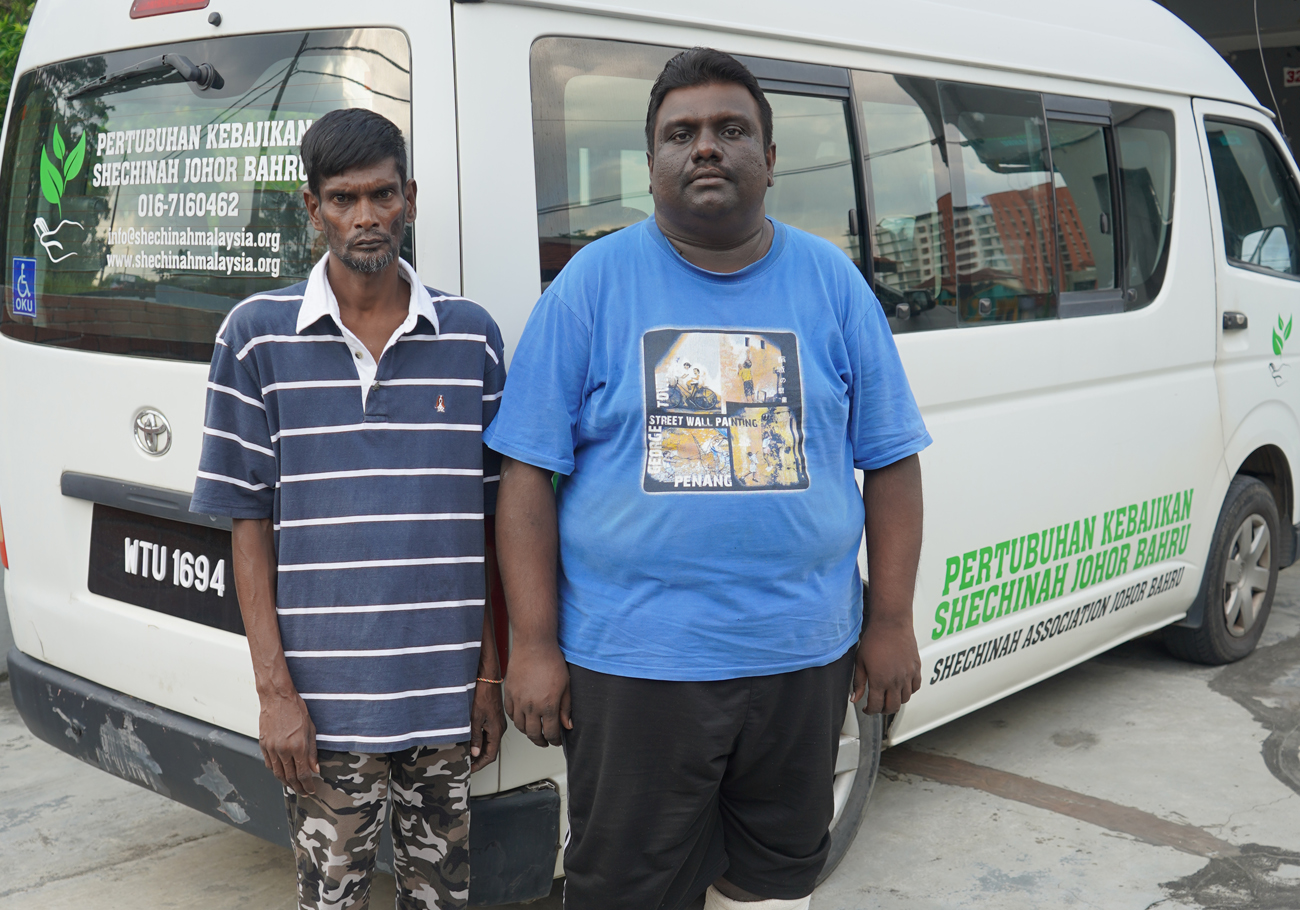
The length of residents’ stay varies based on their individual circumstances. Some stay with us for just a few weeks until they regain stability, while others may require several months to achieve their goals.
“Our intake process involves an interview stage, during which prospective residents are required to fill out a form. This step allows us to assess their individual situations and determine the best course of action to support their swift recovery,” explained the Association’s Vice President K Mathiventhan.
Drawing on his banking background, Mathiventhan emphasized that potential residents must outline their aspirations before external challenges hinder their goals.
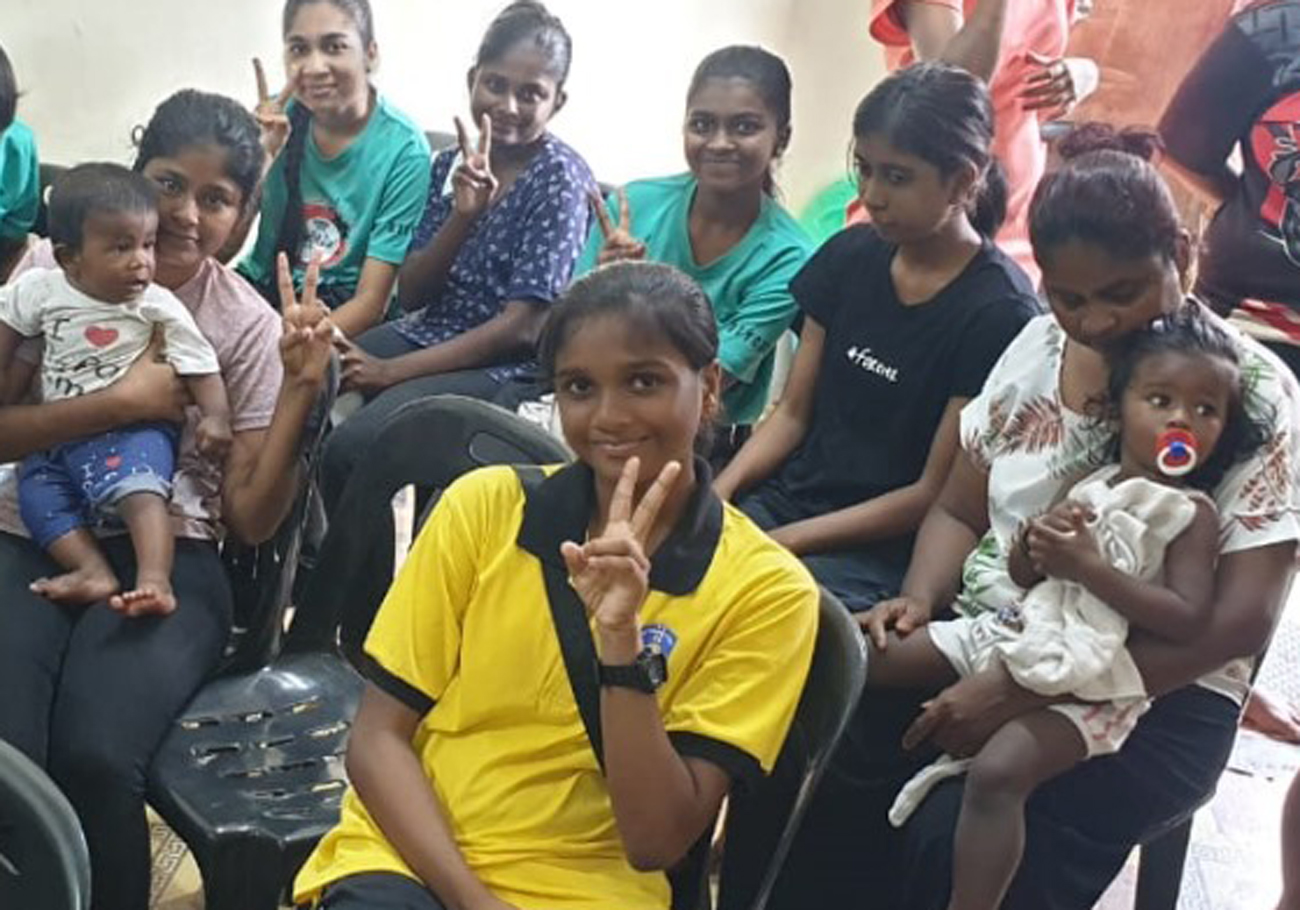
The Association’s approach revolves around assisting residents in achieving their ambitions, guiding them to regain stability, and subsequently enabling their transition to the next phase.
Pravin, 34, once a ride-sharing driver, confronted a series of setbacks that led him to the halfway house. Struggling with severe ulcers on both legs, his financial troubles escalated to the point where money lenders repossessed his car.
“My family settled my debts but kicked me out,” Pravin lamented.
For the past year and seven months, he has found solace at the halfway house. Currently working as a security guard, he also undergoes thrice-weekly ulcer treatments at the nearby government hospital.
Shechinah assisting Orang Asli and rural communities
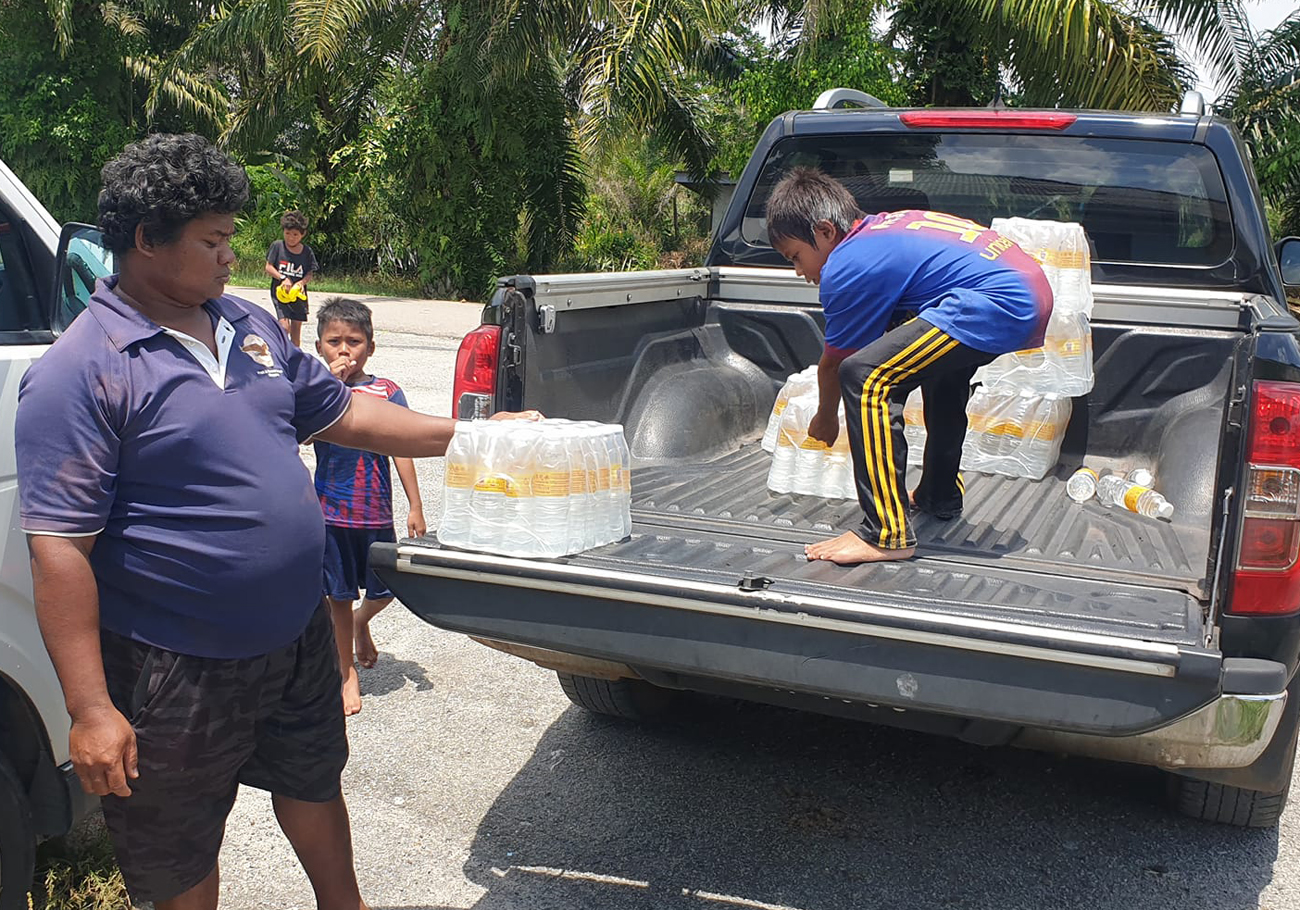
In addition to offering individuals a fresh start through the halfway house, the Shechinah Association’s commitment to rural development is evident in their active engagement with Orang Asli communities.
Among these communities, Kampung Punan in Mersing holds a special place as a focal point of their efforts.
Accessible through a journey involving Kahang, a town two hours away from Johor Bahru, followed by a two-hour drive along plantation dirt roads, before reaching the village is no easy task.
Stephanie Sriranjini, Shechinah’s treasurer, recalled their pre-pandemic engagement with the village.
“For four years before the pandemic, we went weekly to help them with provisions, and we taught English to the kids. Going to the village was a joy; we bonded with them,” she said.
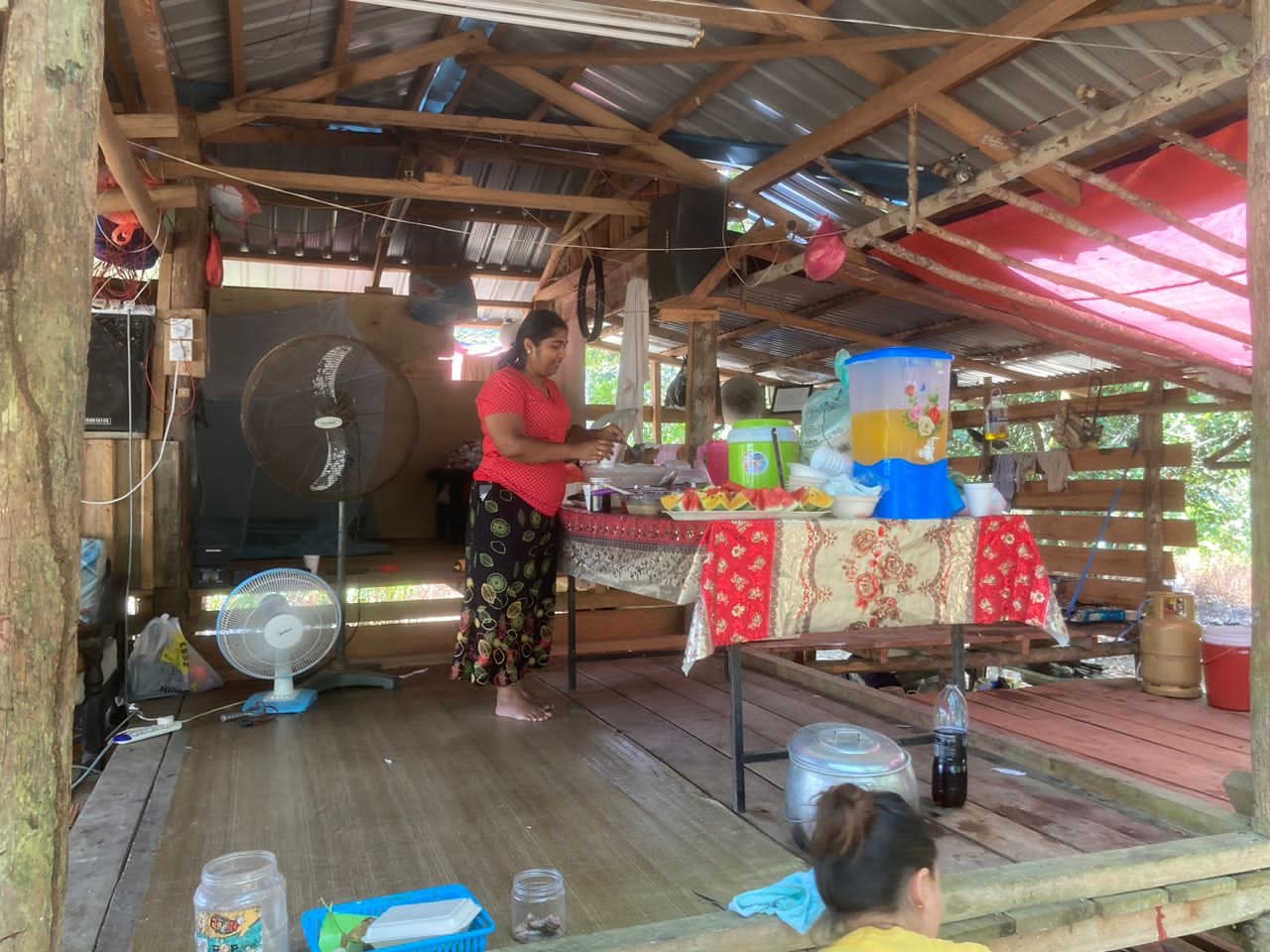
“We had to stop going because of the MCO, but for four years before that, we went weekly to help them with provisions, and we taught English to the kids,” shared Stephanie, emphasizing the positive impact of their visits.
“It took a year before they became comfortable with us and began looking forward to our visits,” she added.
Kampung Punan stands as a success story in this endeavor. With water sourced from a well and nearby river, the water undergoes filtration before reaching the village’s 262 inhabitants, as recorded in a 2017 census.
“Kampung Punan has been a beneficiary of our efforts to obtain a supply of clean water into the village, and we are hoping to do the same with other Orang Asli villages,” James explained.
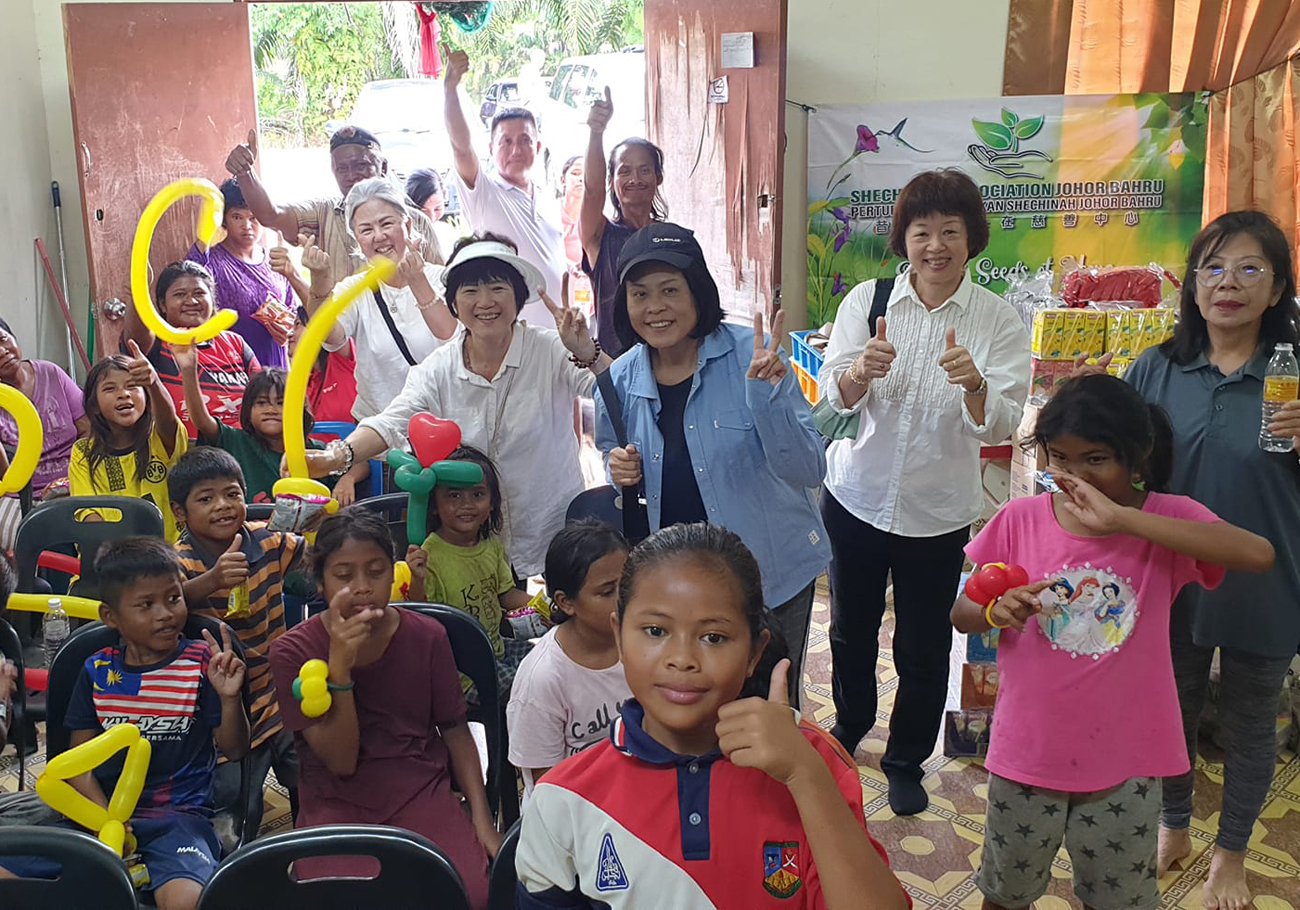
Recently, another Orang Asli village, Kampung Pasir Salam, reached out to Shechinah for assistance with their water issues.
“Since they occupied the area decades ago, they’ve never had clean water; their only water source is a stagnant pond,” said Rapheal Murugiah, the Association’s Assistant Treasurer.
These ongoing efforts reflect Shechinah’s commitment to improving the lives of marginalized communities through meaningful and impactful initiatives.
Assisting communities with education
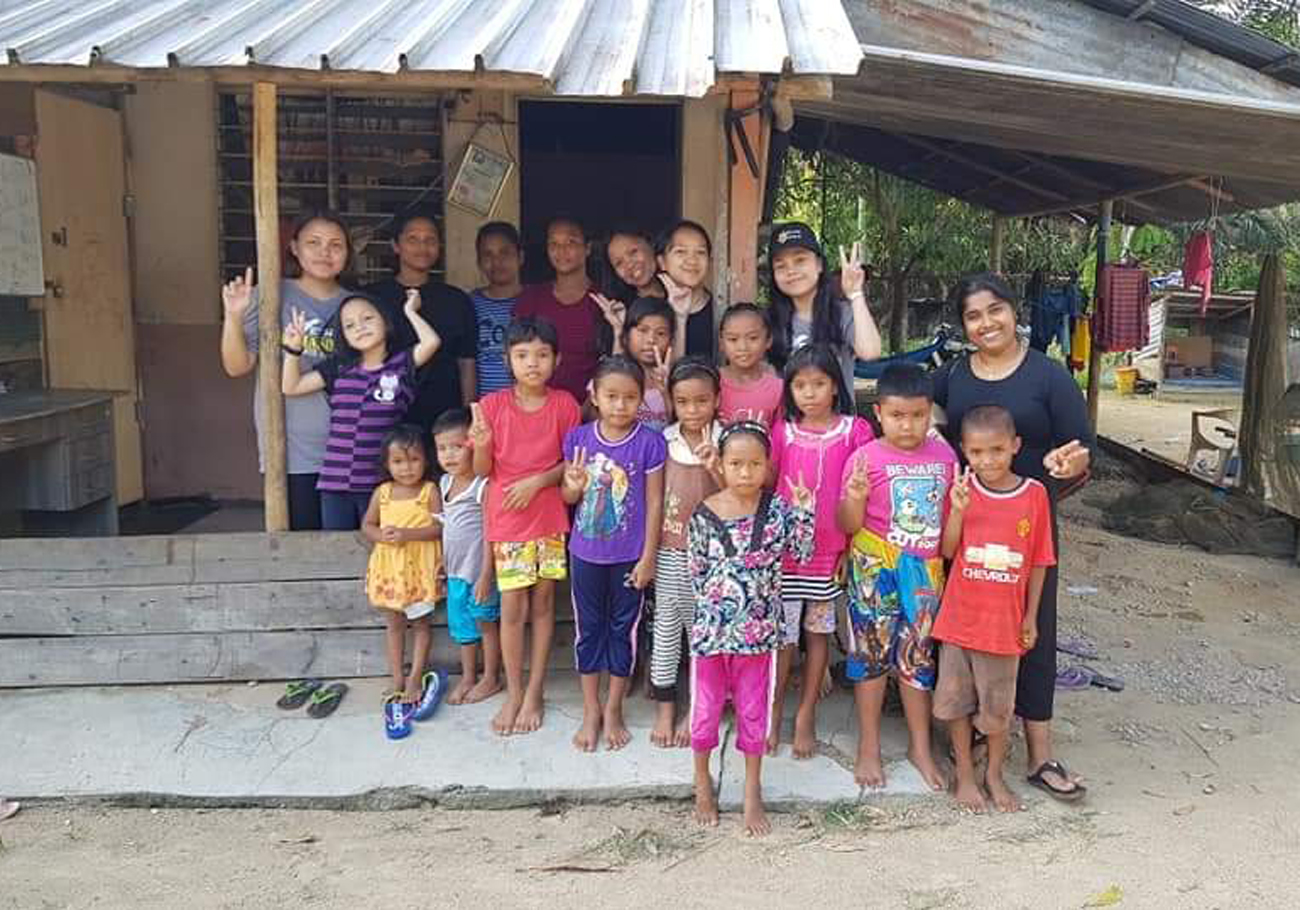
Shechinah Association’s commitment to empowerment extends to education and skills development through their Promoting Skills Ministry. Recognizing the vital role of skills training in enhancing employment opportunities for at-risk youths, the organization collaborates with Johor Bahru colleges to offer vocational courses.
However, addressing the reality of high drop-out rates, James acknowledged the challenge. He shared his personal experience of being pushed into vocational courses at the National Institute of Occupational Safety and Health (NIOSH) by his father.
Remarkably, this unexpected path led James to establish his own successful Occupational Safety consultancy, showcasing the potential impact of vocational education.
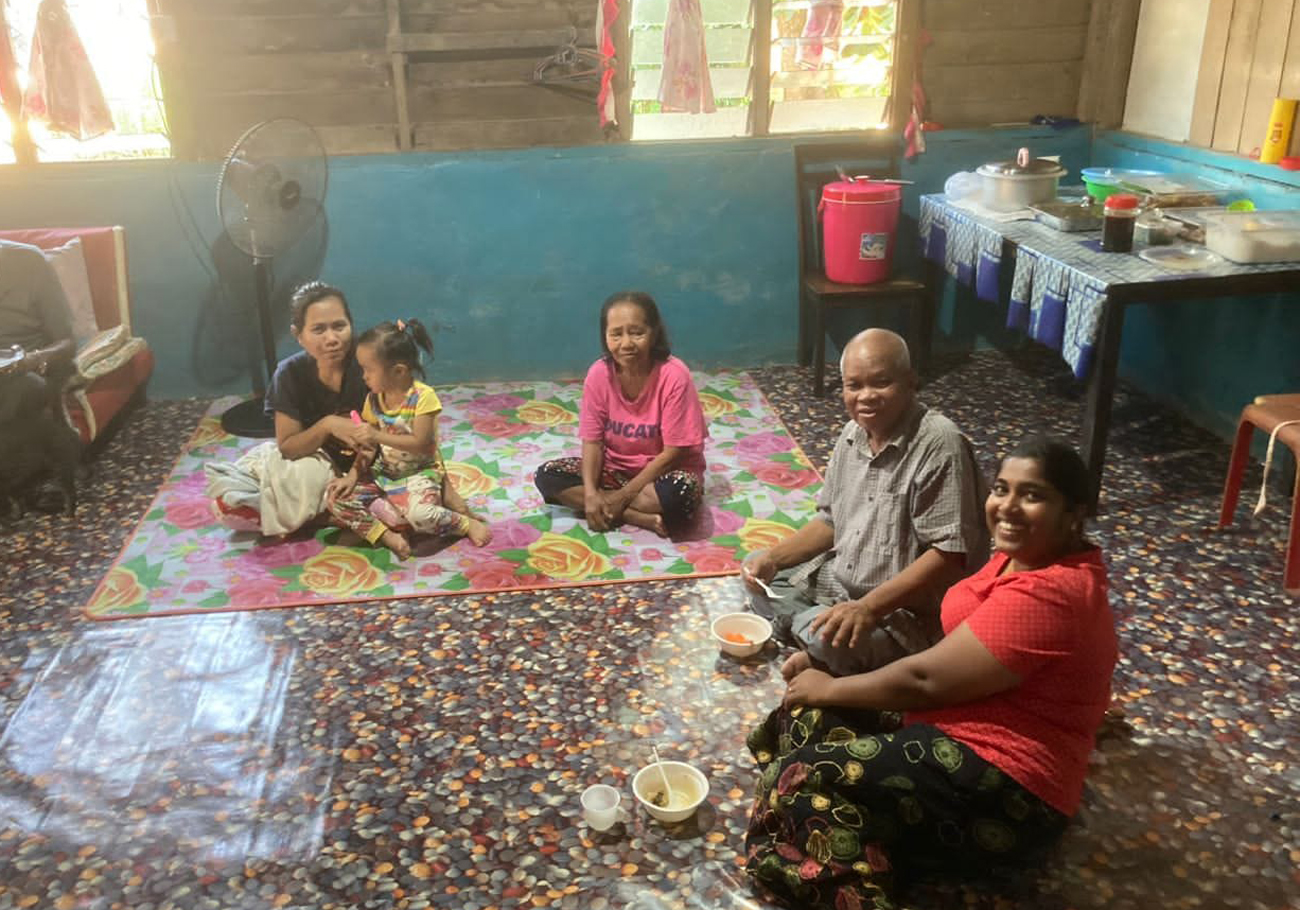
In a bid to combat academic underachievement among B40 children, Shechinah takes a proactive approach. The organization operates a tuition centre in Kangkar Pulai, focusing on essential subjects such as English and Mathematics.
“We now have 12 children,” said Geevanathan Munianday, a former CEO of a cement manufacturer who brings his expertise to the educational initiative.
Geevanathan also leads the Prayer and Counselling Ministry, underscoring the holistic approach that Shechinah takes in supporting the well-being and development of the community.
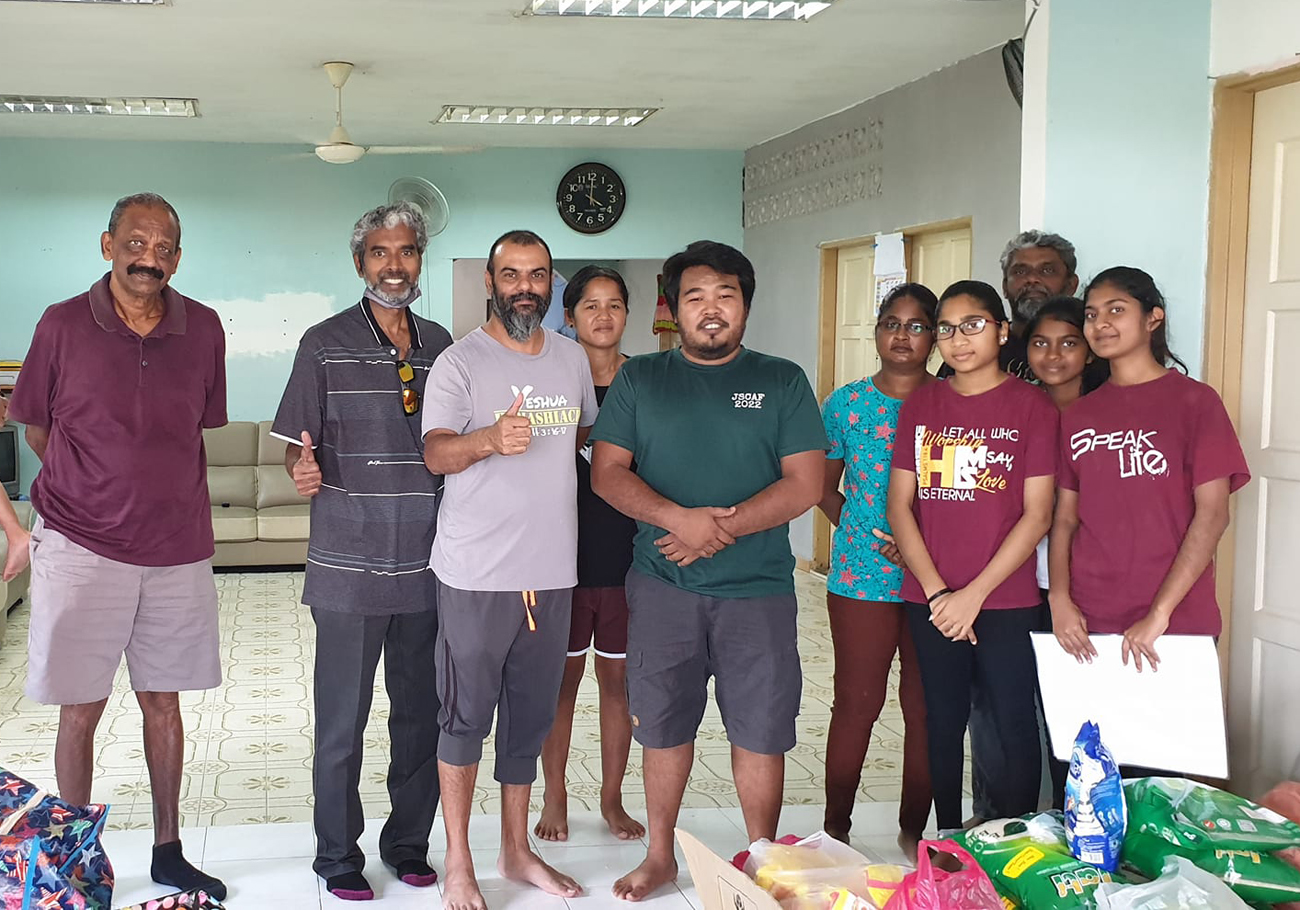
While the Shechinah Association’s remarkable endeavors have sparked inspiring stories of transformation, financial hurdles are an ongoing challenge. With monthly operating costs reaching RM13,000, the organization relies primarily on public donations to sustain its vital work.
This reliance on community support underscores their commitment to empowerment and positive change.
Individuals who find themselves moved by Shechinah’s narrative can contribute through the
Sokong.org platform, (Shechinah Association Johor Bahru (sokong.org)) and help play a
crucial role in ensuring the continuity of their impactful Ministries.
Citizen’s Journal proudly joins hands with Sokong.org as the official media partner. Sokong.org is the platform connecting individuals with diverse organizations supporting various causes. Together, we foster collective action to create impactful change. Interested in supporting non-profit organizations and making a difference? Click this link for more information on how you can participate and contribute to meaningful initiatives.


